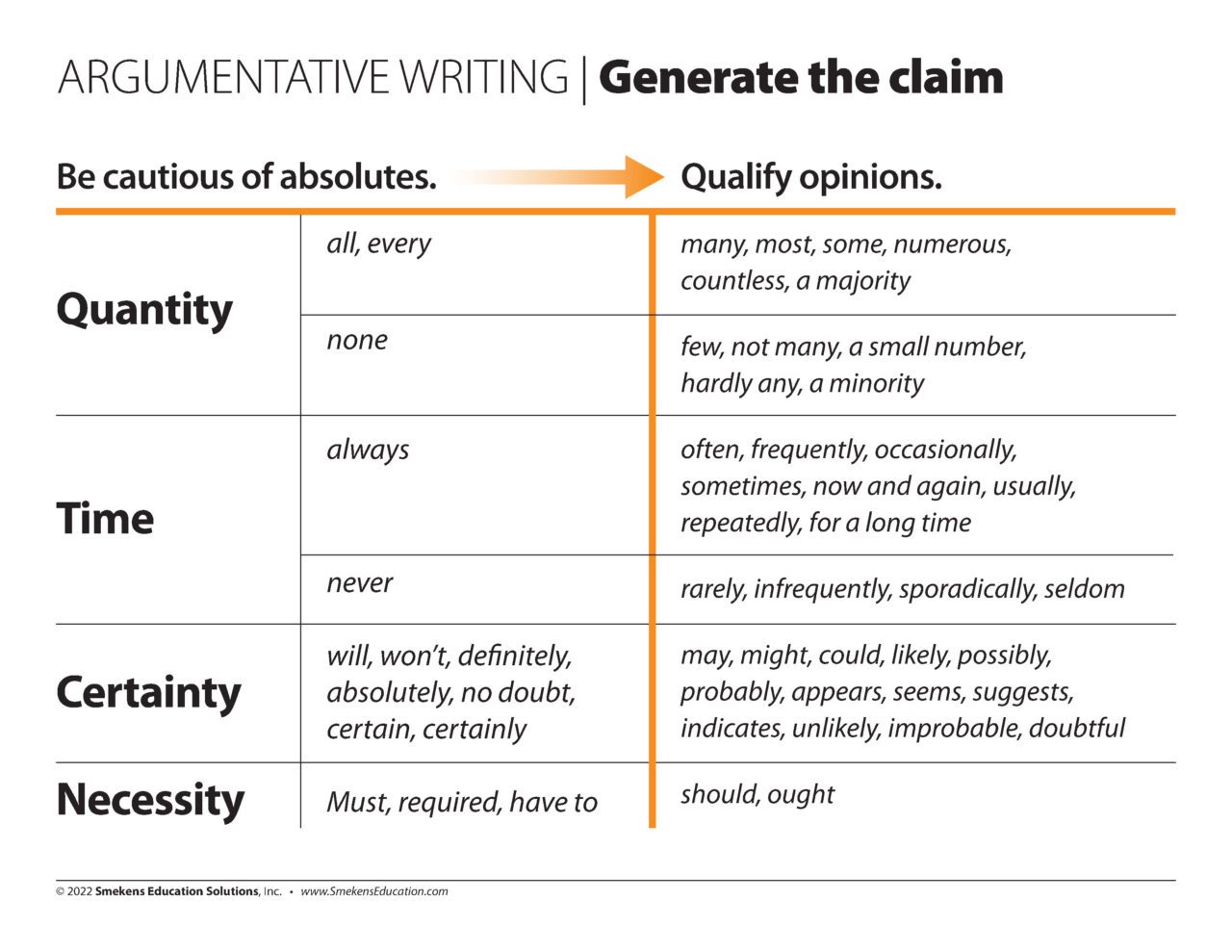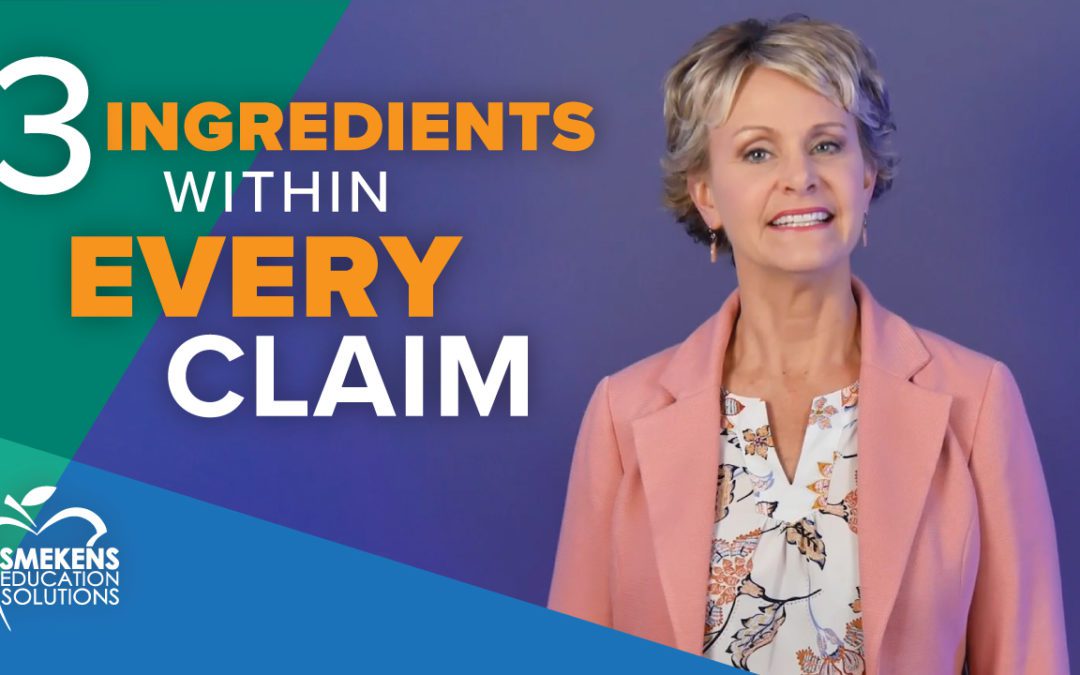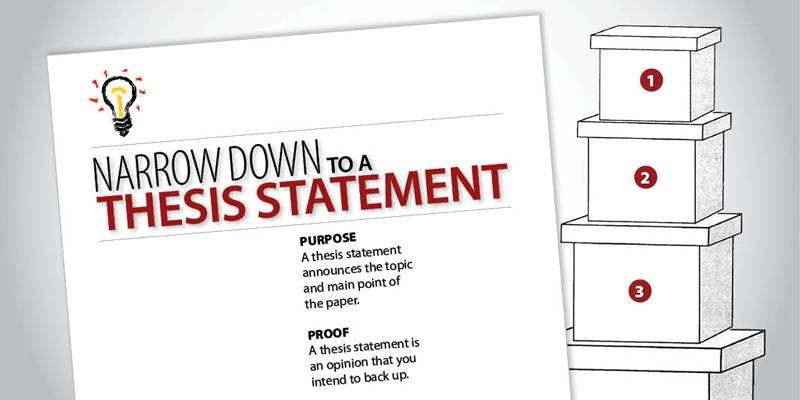Learning Center
writing
Integrate 3 ingredients within every claim
April 19, 2022
Before attempting to write an argumentative thesis statement, it’s important for students to conduct some initial research on the topic. Without this, the claim will be based only on what the student thinks he knows about the topic—often resulting in a thesis that can’t be supported or is too broad.
After acquiring background knowledge on a debatable topic and aligning with a side, it’s time to target the three ingredients of an argumentative claim—the type, the scope, and the certainty.
1: Identify the type of claim.
More than just stating the writer’s opinion about something, an argumentative claim, or thesis, serves a specific purpose.
- It makes a value judgment about something: Dating people one “meets” on the internet is an immoral form of dating.
- It suggests a new solution, policy change, or alternative course of action: The United States needs to invest more in preventing poverty at home and less in feeding the starving around the world.
- It proposes a definition or classification of something: While therapeutic massage is often performed on nude clients, it is not a form of prostitution.
2: Narrow the scope of the claim.
A well-written thesis statement does not tackle a broad subject or reveal a mainstream opinion. For example, this is a weak thesis:
The technological changes of the last hundred years have made a big impact.
This example:
- Includes every type of technology—since it doesn’t stipulate which one in particular.
- Spans a hundred years—which is too broad of a time line.
- States a mainstream opinion about the “big impact” of technology. Most people would agree with this statement.
In contrast, a strong thesis hones in on a single component of the topic—and this is where initial reading and research pay off. If the student doesn’t know much about the topic, then he doesn’t know what to zero in on.
In order to narrow the scope, a student needs to add more parameters to the thesis. Literally, he will likely add more words. Often, the longer the thesis statement the more narrow the topic.
The technological changes of the last hundred years have made a big impact on how people communicate.
Over the last 20 years, changes in technology have made a big impact on how people communicate.
Over the last 20 years, changes in technology have made a profound difference in the way American students communicate.
As you can see, narrowing down a thesis statement to a manageable scope often requires several revisions.
3: Reveal the certainty of the claim.
 Adolescents often speak in absolutes—always, never, everyone. However, caution students about including these overly dramatic words within an argumentative claim. When an absolute is used, even one exception breaks the argument and deflates the writer’s position.
Adolescents often speak in absolutes—always, never, everyone. However, caution students about including these overly dramatic words within an argumentative claim. When an absolute is used, even one exception breaks the argument and deflates the writer’s position.
Rather than seeing the opinion as good versus bad or right versus wrong, think of the thesis statement as being true with limitations or false with exceptions.
To make a claim less definitive and more believable, writers include qualifiers. Depending on the qualifier used, it can intensify a statement or downplay the tone.






Thanks for the video! I like the break down of the different types of of claims for argumentative writing.